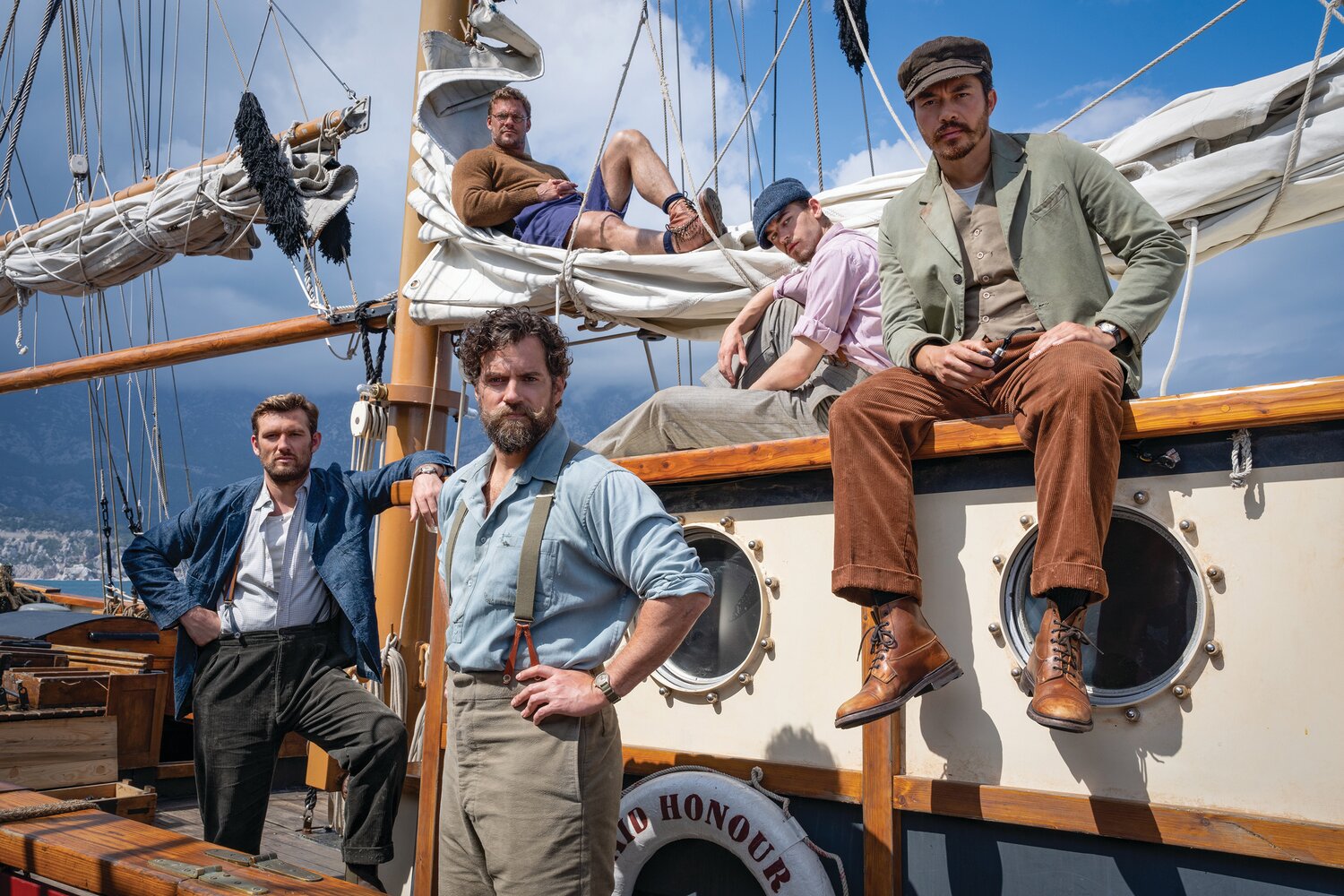Warwick Showcase
CIVIL WAR * * * (Inconsistent, Violent, Apocalyptic)
At times brilliant, at times inconsistent, but always controversial, “Civil War” will get your …
This item is available in full to subscribers.
We have recently launched a new and improved website. To continue reading, you will need to either log into your subscriber account, or purchase a new subscription.
If you are a current print subscriber, you can set up a free website account by clicking here.
Otherwise, click here to view your options for subscribing.
Please log in to continue |
|

CIVIL WAR
* * *
(Inconsistent, Violent, Apocalyptic)
At times brilliant, at times inconsistent, but always controversial, “Civil War” will get your attention and hold on to your emotions and your thought process until the bitter end.
Kirsten Dunst plays photo-journalist Lee Miller, who along with her three cohorts, follows a futuristic civil war from New York City to Washington D.C.
Their mission is to get the scoop, following behind the militaristic Western Alliance, out to squash insurgents and kill the president.
At times hard to follow, the movie never clearly defines the good guys and the bad guys, leaving you to fill in the blanks.
“Civil War” plays out like a war movie, but it is also a movie about journalism and the ethics of media people on their quest to be the first to get their story by any means.
Lee travels in a PRESS van with an aging Black writer, novice female photographer and Hispanic driver who never takes notes, but directs the other three towards the action.
They encounter terror and destruction at every turn, witnessing and photographing every grizzly detail. Much of it is graphic and hard to watch.
In between battles, they philosophize on their mission. To them, the story is the important thing. No editorializing. Just get the photo and tell the story.
The defining moment in the movie, and one of the most intense and mesmerizing moments I’ve ever seen in a movie, happens when they come upon a grave filled with dead bodies.
Standing over it is a man in uniform holding a rifle and threatening to kill them. Jesse Plemens has less than ten minutes on screen, but he’s the one you’ll remember for his frightening portrayal.
The movie was the Number 1 in sales last week, both praised and put down by critics.
Where do I sit? (Joyce cared not to see it). Somewhere in between. The journalists’ stories and philosophies I found most interesting. Drawing my own conclusions, I assumed the writers and director were making their statements about conservatives and liberals. (Catch Plemens’ reactions to which states, red or blue, the journalists came from).
I did not like the ending. Draw your own conclusions.
THE MINISTRY OF UNGENTLEMANLY WARFARE
* * *
(British War Movie)
Based on a true story, classified until Prime Minister Churchill spilled the beans in a 2014 book, this over-indulgent war movie tells the story of a group of reckless reprobates who set out to destroy a Nazi supply ship in the beginning of WWII.
The movie opens with hundreds of German soldiers being killed and closes with the same scenario.
In between, we watch the soldiers being recruited, their leader being rescued from a prison camp (more Nazis killed) a businessman and businesswoman providing diversion so Operation Postmaster can defy their superior officers and get the job done.
Lots of action and explosions. One of the Brits kills the bad guys with his bow and arrow.
Closing credits show the real guys and tell what happened to them. Most went on to more fame and fortune.
HOUSEKEEPING FOR BEGINNERS
** (Don) * * * (Joyce)
Joyce liked this slow-moving film about a Macedonian “blended” family with all their ethnic, cultural and sexual differences, thrown together when social worker Dita attempts to be a mother to her friend’s two daughters after her friend dies of cancer.
I was bored out of my mind. I didn’t like the characters, including the bratty young daughter and the rebellious teenager. And especially the emotionless, cold gay man forced to take the role of father.
Dita knows she is failing as a mother, but tries hard to make a family out of the diverse group, to the point of marrying a man who has no interest in her or in being a father.
The movie is choppy, using long closeups, handheld cameras and blurry shots, which I found irritating.
But Joyce was hooked by the determination of Dita to make a family and care for these forgotten people.
The question of what makes up a family is a legitimate one. This group of diverse people stretches the limits.
Joyce saw something in the movie, as did many critics, that I didn’t.
Comments
No comments on this item Please log in to comment by clicking here